
Kinesio tape for tibialis posterior syndrom YouTube
Der Musculus Tibialis posterior entspringt auf der Rückseite von Schien- (Tibia = Schienbein) und Wadenbein und der die beiden Knochen verbindenden Membran in einer tiefgelegenen Muskel- und Bindegewebsschicht des Unterschenkels. Er umschlingt mit seiner Sehne den Innenknöchel und ist am Kahnbein und an den ersten zwei Keilbeinen befestigt.

Anleitung Kinesiologietape Achillessehne Achillessehne, Kinesiologie tapen, Achillessehne tapen
The tibialis posterior tendon (TPT) elevates the medial arch and inverts, adducts, and plantar flexes the foot [ 1 - 3 ]. During the stance phase of gait the tibialis posterior is the main dynamic stabilizer of the foot. As a strong contributor to the midtarsal joint locking mechanism the TPT inverts the hindfoot, creating a rigid midfoot.

TibialisposteriorSyndrom erklärt Sehnenschädigung am FussInnenknöchel YouTube
Tibialis posterior tendinosis and tenosynovitis are diagnosed clinically. Palpation of the tendon with the foot in an inverted plantar flexed position with applied resistance is usually painful. Standing on the toes is usually painful and may not be possible if the tendon is ruptured or severely dysfunctional.
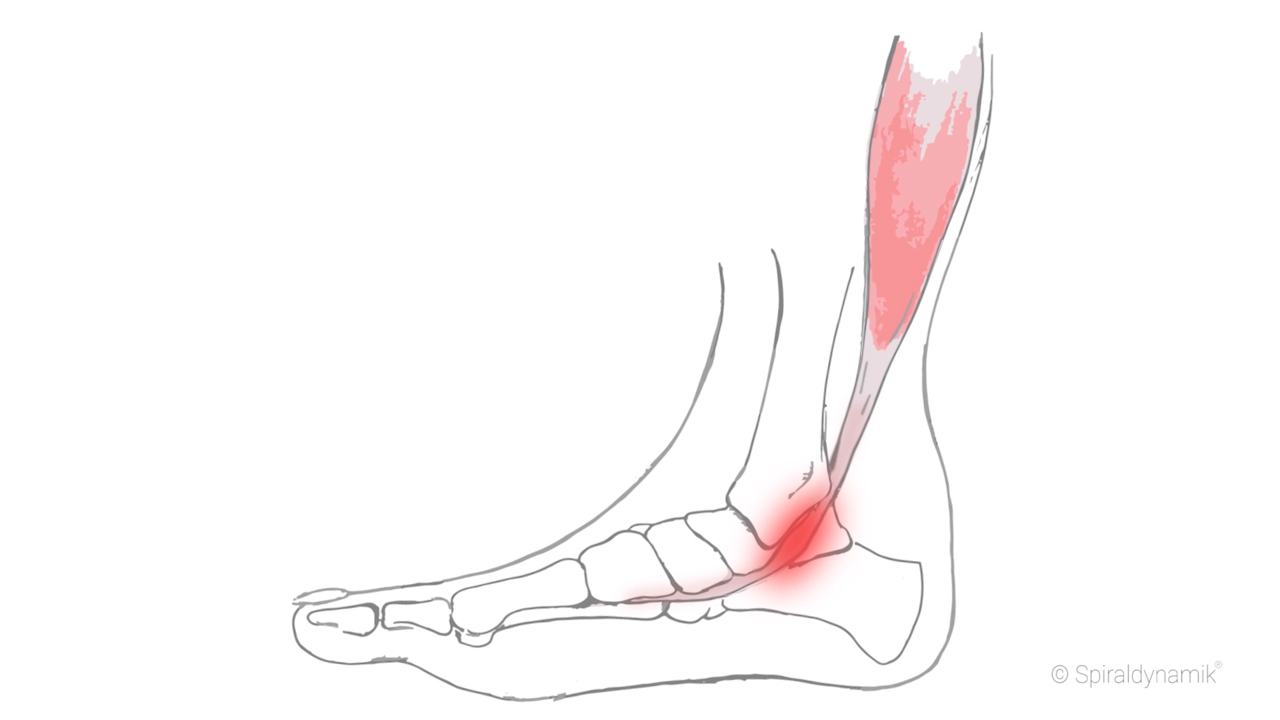
Therapie TibialisposteriorSyndrom
Tibialis posterior tenosynovitis begins with sudden inflammation of the tendon sheath. The tendon can be affected by inflammatory disorders, such as rheumatoid arthritis Rheumatoid Arthritis (RA) Rheumatoid arthritis is an inflammatory arthritis in which joints, usually including those of the hands and feet, are inflamed, resulting in swelling, pain, and often destruction of joints..

post tib KT tape Tarsal tunnel syndrome, Kinesiology taping, Kinesio taping
The tibialis posterior muscle (TPM) is the deepest muscle of the deep posterior compartment of the lower leg. Its long muscle belly arises from the posterior aspect of the interosseous membrane and superior two-thirds of the posterior and medial surface of the fibula, and the superior aspect of the proximal tibia. The TPM tendon inserts distally onto many attachment points on the plantar.
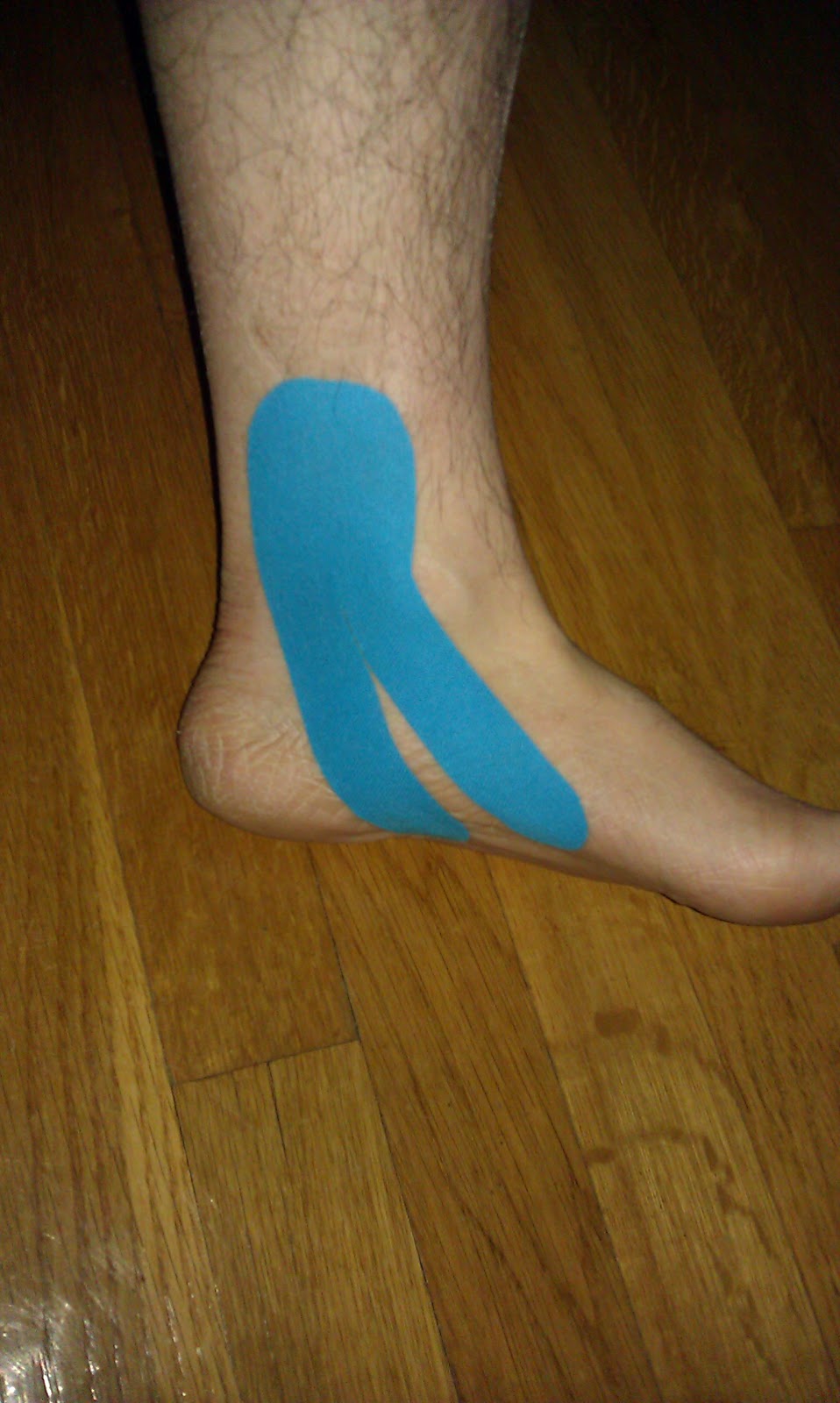
TETHL Kinesiotaping
Introduction. The tibialis posterior (TP) muscle has a vital role during gait; via multiple insertion points into the tarsal bones it acts as the primary dynamic stabiliser of the rearfoot and medial longitudinal arch (MLA) [1,2].The significance of TP function is evident when the muscle and tendon are dysfunctional, whereby stability of the foot is compromised and is associated with a.

My top 3 tips for treating Tibialis Posterior Tendinopathy Sports Injury Physio beplay3体育app官方下载
0:00 / 3:44 The posterior tibial tendon serves as one of the most important supporting structures for the foot. It runs behind the ankle bone on the inside of the foot,.

Taping tibialis posterior deel 1 YouTube
Die Tibialis-Posterior-Sehne verbindet den hinteren Tibialis-Muskel im Unterschenkel mit den Knochenansätzen unter dem Fuß. Eine Bewegung des Muskels wird also über die Sehne an den Fuß weitergegeben und führt zu einer Beugung der Fußsohle, einem Hochziehen der Fußinnenseite und einem Hochziehen des Fußes allgemein.

Taping painful TIBIALIS POSTERIOR TENDON YouTube
Taping of the Posterior Tibial Tendon to support the arch and slow down ankle pronation is demonstrated. This is the initial segment of a weekly Ask The Podi.
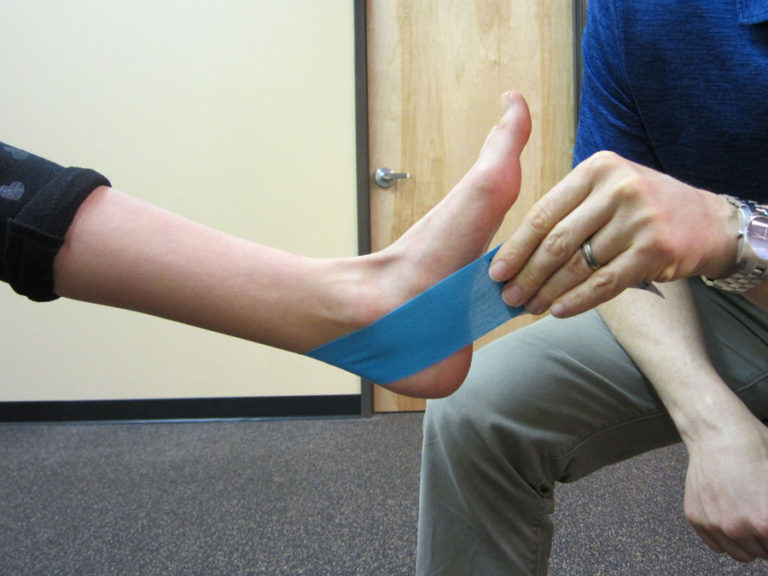
Taping for Posterior Tibialis Tendon Dysfunction (PTTD) The Physical Therapy Advisor
Jan Lasota demonstrates a Kinesio tape which you can use against shin splint symptom, or against musculus posterior syndrome. So when there is pain along the.
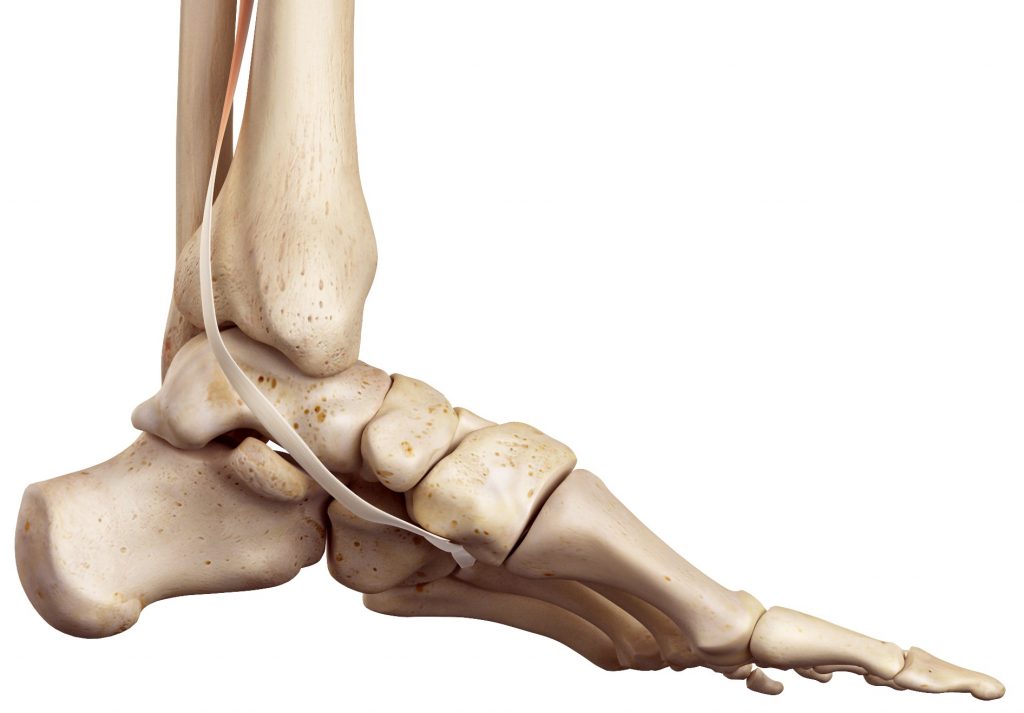
Tibialis Posterior Syndrom ORTHO PEDE Zentrum für Fuß und Sprunggelenk
The tibialis posterior's main functions are highlighted in weight bearing, particularly during the stance phase of gait. As one of the primary supinators of the foot and ankle, it helps to support and control the medial longitudinal arch of the foot.For simplicity, think of supination in weight bearing as the raising of the navicular and arch, while pronation is the lowering of those same.
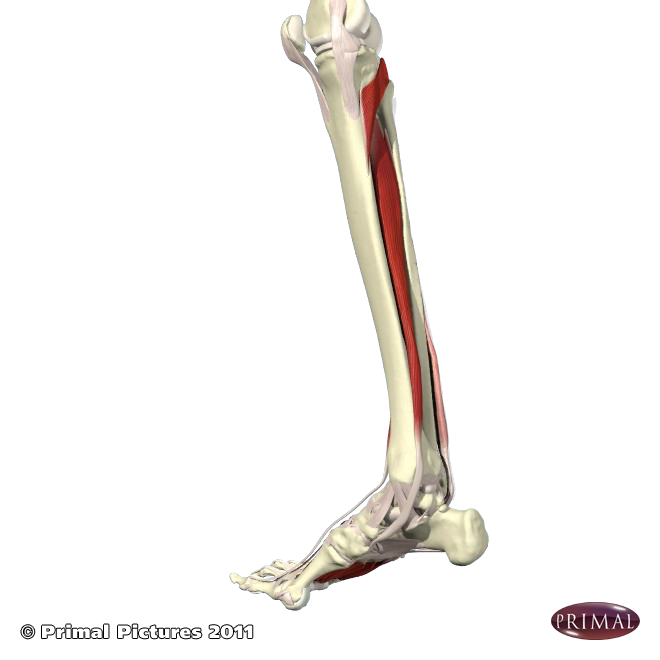
Das Tibialis posterior Syndrom FußSchule München Die Kunst des Gehens
Tibialis posterior is the most central and deepest muscle located in the posterior aspect of the leg. Together with popliteus, flexor hallucis longus and flexor digitorum longus, it forms the deep group of muscles of the posterior compartment of leg . These muscles are located posterior to the tibia, fibula and interosseous membrane.

How to treat Anterior Shin Splints with Kinesiology taping YouTube
Das Tibialis Posterior Syndrom beginnt häufig mit belastungsabhängigen Schmerzen unter und hinter dem Innenknöchel. Patienten beobachten dann vor allem bei längerer Belastung im Alltag immer wiederkehrende Probleme. Synonym dieser Erkrankung: Tibialis Posterior Dysfunktion.

How to tape the Tibialis Posterior for pronation control and MTSS (shin splints) YouTube
FREE ONLINE COURSE (for therapists): Mastering Frozen Shoulder: https://daniel-lawrence-fc31.mykajabi.com/offers/3uLwFztrSign-up to our News Letter for Early.

KT Tape Schienbeinkantensyndrom mediales Tibiakantensyndrom selbst tapen auf Deutsch YouTube
Eine schnelle, extreme Zunahme der Muskelmasse (häufig des Tibialis-anterior-Muskels) verursacht einen erhöhten Gewebedruck und stört den Blutfluss. Die Schmerzen treten in der Regel im vorderen Kompartiment des Schienbeins auf.

Tapen nach einer akuten Knöchelverletzung Medical Taping PhysioTape YouTube
Posterior tibial tendonitis is a common problem that occurs when one of the tendons on the inner side of the ankle becomes damaged. This can lead to foot and ankle pain, as well as other issues. Treatment varies depending on the severity of the condition and may include rest, immobilization, medication, and surgery.